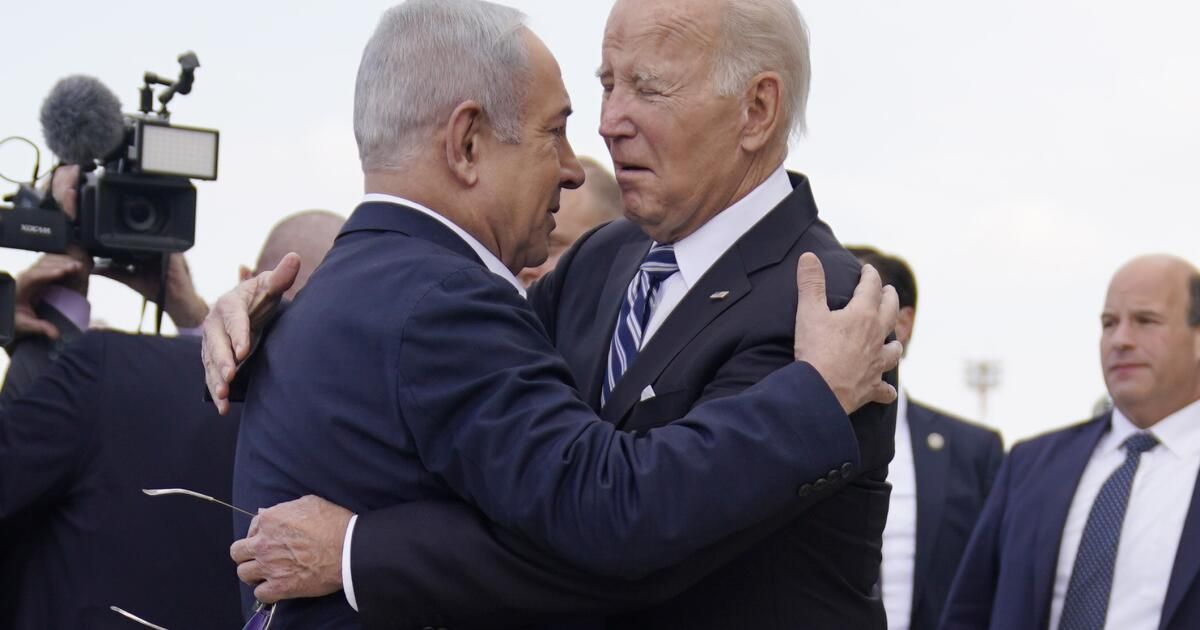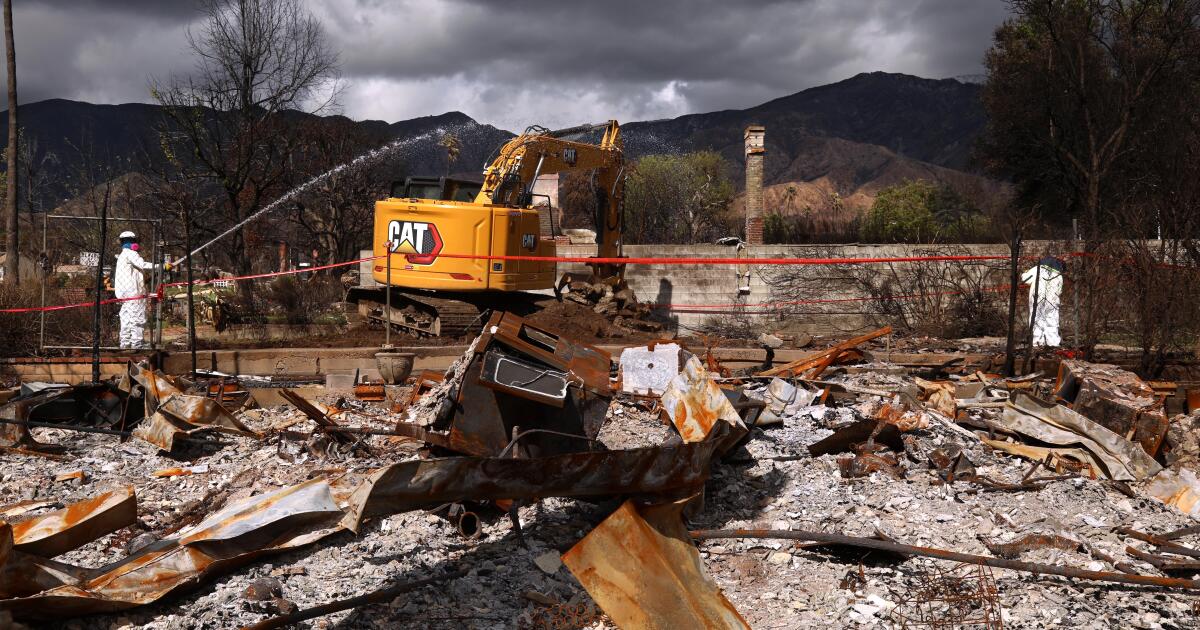To the editor: Where do I begin to respond to Josh Paul's op-ed: “With no end in sight to Netanyahu's war in Gaza, will Biden ever say 'enough'?”
First, there was a ceasefire on October 7, the day Hamas attacked Israel. Paul's claim that Israel and the United States have pursued only military options is extremely misleading.
Second, Paul criticizes the Israeli position that it is unacceptable for Hamas to have a role in any future Palestinian government. However, he does not explain that Hamas' charter calls for the destruction of Israel. How could a future government with Hamas be possible?
Finally, Paul says other countries are hesitant to donate to Gaza reconstruction because they don't want to invest in “facilities that will simply be leveled again.” Shouldn't he remind his readers that Hamas has attacked Israel's civilian population again and again?
I'm glad Paul resigned from the State Department after October 7th. The thought of my taxes going toward his salary would be unbearable.
Alan Rubenstein, Encino
..
To the editor: Paul is right that the United States and its allies have the power to “make necessary concessions, starting with a ceasefire,” which could lead to a Palestinian state and security accommodations.
This must happen now to stop the current bloodbath in the Gaza Strip and the dispossession of West Bank Palestinians threatened by settlers. It has to happen now because of the increasing belligerent involvement of other Middle Eastern countries.
Israel should withdraw from both Gaza and the parts of the West Bank under Palestinian Authority control. This could be combined with the establishment of a United Nations protectorate in which hostilities could be minimized as infrastructure and services are developed.
The 1995 Dayton Accords stopped the warring factions in Yugoslavia as the country disintegrated. But that agreement produced a much better result than continuing a war that involved genocide and other crimes against civilians.
A similar agreement may work for the Palestinians.
Kathleen Trinity, Acton, California.
..
To the editor: Paul presents a flawed analysis because he avoids addressing the most important aspect, which is leadership.
The Palestinians have never had visionary and progressive leaders willing to face a path other than being guided by their proverbial Arab street.
However, such leadership prospects exist, and US administration figures could be embracing and promoting people like Salam Fayyad, Hussein al-Sheikh, Mohammad Dahlan and possibly even Marwan Barghouti, rather than just foolishly suggesting that “we change direction.” ”, which would lead us to prevent us from supporting Israel's vital need to ensure its security now and always.
David Alpern, Long Beach












